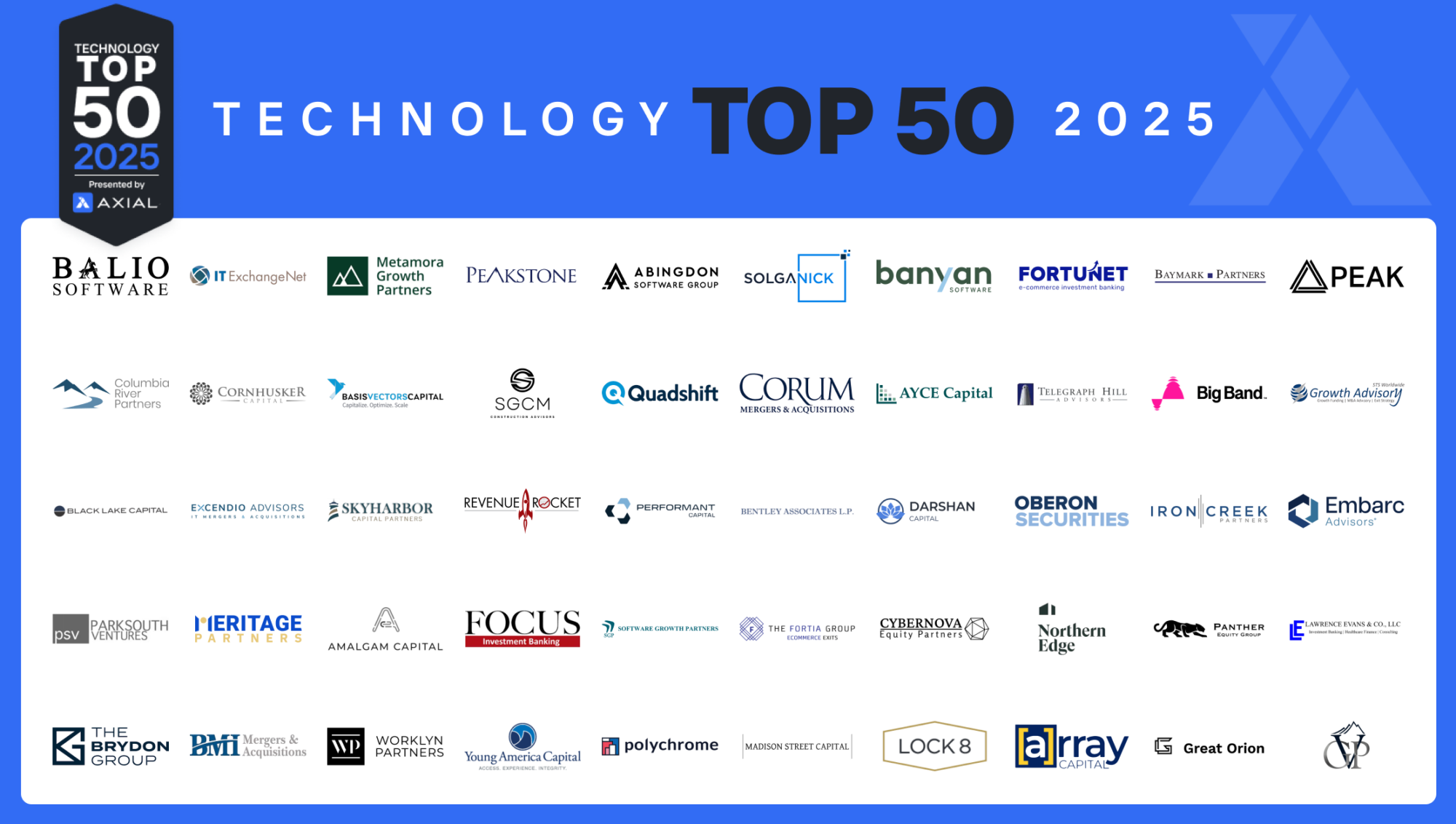
The Top 50 Lower Middle Market Technology Investors & M&A Advisors [2025]
Technology remains a steady presence in the lower middle market, representing ~13% of deals brought to market via Axial over…
No one likes to sink time, energy, and money into deals that aren’t going to pan out.
For every successful merger, there are many other deals that fail in the runup to close due to price, culture, or government intervention.
With 50 percent of mergers ending up as bad deals, perhaps those never coming to fruition leave the door open for other, better opportunities.
Here are some controversial mega-deals that stopped short of both parties signing on the dotted line:
Why the Deal Fell Apart: Federal Intervention
In the government smackdown heard round the world, the proposed merger of Comcast ad=nd Time Warner would have been the largest of 2015.
Now it simply goes down as that year’s biggest canceled merger, and the <9th largest of all-time.
Comcast scrapped its $45 billion takeover bid two days after meetings with federal regulators, who were intent on blocking the merger after Attorney General Eric Holder declared his opposition to the transaction.
The Justice Department stated the proposed merger would result in a Comcast monopoly, making it an “unavoidable gatekeeper for Internet-based services that rely on a broadband connection to reach consumers,” according to the NY Times.
Why the Deal Fell Apart: Federal Intervention
This year, after 18 months of negotiations that started back in 2013, Sysco, the nation’s largest distributor of food and restaurant supplies, pulled the plug on its attempt to buy rival US Foods for $3.5 billion.
Rather than appeal a judge’s injunction to the deal and fight the Federal Trade Commission’s lawsuit on antitrust grounds, Sysco’s chief executive Bill DeLaney said the company was moving on. Sysco had sunk $355 million in integration planning, attorneys, and related costs, added to a $300 million breakup fee to US Foods. Meanwhile, US Foods had invested millions of dollars into new technology and continues going it alone.
Advisers and outsiders suggest that Sysco’s future growth strategies should focus on a series of smaller acquisitions.
Why the Deal Fell Apart: Price, Culture
Back in 2013, rumors swirled that the two tech giants might become one. Facebook chief executive Mark Zuckerberg started discussions with Twitter’s former and current CEO Jack Dorsey. After Dorsey’s ousting, Zuckerberg resumed talks with co-founders Ev Williams and Biz Stone.
According to TechCrunch, Twitter held out for two reasons. First, it believed Facebook’s offer of $500 million was too low. Despite having yet to earn any revenues, according to an email to the board, Williams stated, “We’ve often said Twitter is a billion dollar company. I think it’s many, many times that.”
Secondly, the founders were concerned about the contrasting culture at Facebook. In Nick Bilton’s book “Hatching Twitter,” the company was looking for ways to democratize human connections, but Williams felt that Facebook neither shared nor would positively impact Twitter’s core values. Williams said, “I don’t use [Facebook]. And I have many concerns about their people and how they do business.”
For those unaware, in its earliest days at 250,000 users, Twitter was also approached to sell to Yahoo for $12 million. Such a sum seems laughable in light of today’s tech unicorns.
Speaking of Yahoo…
Why the Deal Fell Apart: Price
For three months in 2008, Microsoft pursued Yahoo with an initial $45 billion offer in its quest to compete with Google. Eventually, the proposal was withdrawn when Yahoo held out for more money, even after Microsoft increased its bid by $5 billion.
Price seemed to trump culture and tech synergy, as then-CEO Jerry Yang upped the ante by exploring potential deals with Google, AOL, Disney, and News Corp; rumors were that he didn’t like Microsoft’s aggressive acquisition style, and wanted to relieve pressure by seeking alternatives.
Later, after withdrawing the offer and defending the bid, Microsoft CEO Steve Ballmer said, “Our goal in pursuing a combination with Yahoo was to provide greater choice and innovation in the marketplace and create real value for our respective stockholders and employees.”
Yahoo maintained the status quo, but given the company’s markedly downtrodden position seven years later, the only question that beckons is a huge what if?
Top reasons why deals never make it to the closing table are price, culture and government intervention. What can mid-sized companies learn from big proposed deals that never transpired?
For the deals that do stop short, consider and apply the experience toward the next growth strategy.
